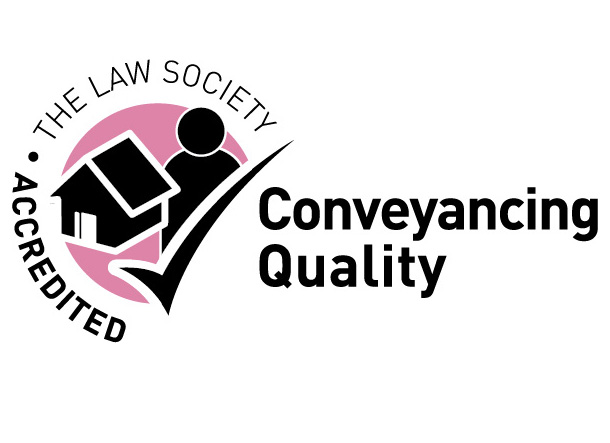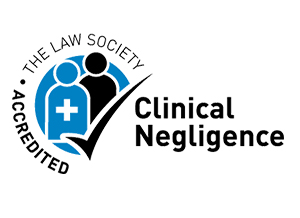Wednesday September 13th 2017 was World Sepsis Day. This is an initiative by the Global Sepsis Alliance which takes place each September with the aim of raising the awareness around this serious and sometimes fatal condition.
Sepsis is a common condition often triggered by an infection, but it can be life threatening if not spotted and treated quickly by medical professionals. It affects more than 30 million people a year worldwide, claiming more than six million lives. In the UK, sepsis is the leading cause of avoidable death. Around 37,000 people die of it each year and the long term complications associated with a delay in the diagnosis and treatment of the condition cost the UK economy in excess of £14 billion each year.
A recent BBC Panorama report has found that one in four NHS hospital trusts is failing to give antibiotics to half of their patients with sepsis within the recommended time frame. Out of the 104 trusts considered in the BBC investigation, 37% of patients that need antibiotics for sepsis were found not to be getting them within an hour and 14 of the hospital trusts considered are only screening one in every two people with signs of sepsis.
What is sepsis?
Sepsis is a life-threatening illness caused by your body’s response to an infection.
Your body’s immune system works to protect you from illnesses and infections caused by bacteria, viruses and fungi. Normally this system works incredibly well but sometimes, in response to an infection, the immune system is over stimulated and goes in to overdrive. When this happens, instead of being localised around the infected area, the immune response occurs throughout the body. This is known as a systemic response. The chemicals the immune system releases into the bloodstream to fight infection instead damage a person’s own cells and tissues throughout the body. If not treated properly, sepsis can lead to a deterioration in organ function and, ultimately, to septic shock where a sudden drop in blood pressure prevents enough oxygen being delivered to the cells of the body resulting in rapid tissue destruction.
What are the signs of sepsis?
The early signs and symptoms of sepsis can include:
- A probable or confirmed infection
- High temperature (Above 38.3oC) or less commonly, a low temperature (below 36oC)
- Increased heart rate (above 90 beats per minute)
- Chills and shivering
- Breathing rate higher than 20 breaths per minute
Some groups of people are more at risk of developing sepsis such as:
- The very young or very old
- People with a medical condition or receiving medical treatment that weakens their immune system
- People who are already in hospital with a serious illness
- People who have just had surgery or who have wounds or injuries as a result of an accident
With children under the age of 5 years old, the following can also be signs of sepsis:
- Skin has a mottled, bluish or pale appearance
- Skin is abnormally cold to touch
- Very fast breathing
- A rash that does not fade when you press it
- Fits or convulsions
- Lethargy or difficulties waking
As sepsis worsens, additional symptoms associated with severe sepsis and septic shock can develop. These include:
- Feeling dizzy or faint
- Confusion or disorientation
- Diarrhoea
- Nausea and vomiting
- Slurred speech
- Severe muscle pain
- Severe breathlessness
- Less urine production than normal
- Cold, clammy and pale or mottled skin
- Loss of consciousness
How is sepsis diagnosed?
Doctors can often detect a possibly case of sepsis using only simple measurements such as temperature, heart rate and breathing rate.
If sepsis is suspected, blood tests can be arranged and other tests performed to identify the type of infection, where it is located and which body functions have been affected.
How is sepsis treated?
If sepsis is detected early and has not affected vital organs yet, it may be possible to treat the infection at home with antibiotics. Most people who have sepsis detected at this stage make a full recovery.
Where the condition has however progressed to severe sepsis or septic shock, this is regarded as a medical emergency requiring urgent hospital admission and treatment.
The treatment of severe sepsis is based upon three principles:
- Removal of the source of infection – Where the sepsis has been triggered by an infection such as an abscess or infected foreign body (e.g. catheter, prosthetic joint etc.) then it is important to remove all sources of the infection as quickly as possible. This often requires surgery. However once the systemic immune response which causes sepsis has started, successful treatment of the initial infection alone is not enough as this will not halt the bod’s systemic inflammatory response.
- Early, appropriate antibiotic treatment – In severe sepsis starting treatment as early as possible and using the right type of IV antibiotics to deliver high concentrations of antibiotics is vital. Guidelines recommend that appropriate antibiotic care in severe sepsis should be started within 1 hour of the onset of the condition. When antibiotics are started within one hour of the onset of severe sepsis the survival rate is approximately 80%. For every hour of delay thereafter survival drops by around 7-8% per hour down to a figure of about 40%.
- Supportive therapy – Patients with severe sepsis are likely to suffer from multi-organ failure. They therefore need access to Intensive Care Units (ICUs) which are equipped to provide support any affected body functions, such as breathing or blood circulation.
A delay in the diagnosis and treatment of sepsis can be fatal
Early diagnosis and treatment of sepsis is essential. For every hour that someone with sepsis is left untreated, the chances of survival reduced significantly. It is estimated that in the UK alone, more than 12,000 lives each year could be saved if hospitals improved their approach to the diagnosis and treatment of this condition.
We at Freemans have first-hand experience of patients who have attended hospital only for their symptoms not to be recognised by doctors as those of sepsis. The resultant delays in diagnosis and treatment resulted in serious and avoidable physical and psychological harm being caused.
If you have concerns over the diagnosis or treatment of sepsis for either yourself or a loved one please call one of our solicitors today on 0191 222 1030 for a free consultation or complete our website enquiry form.


